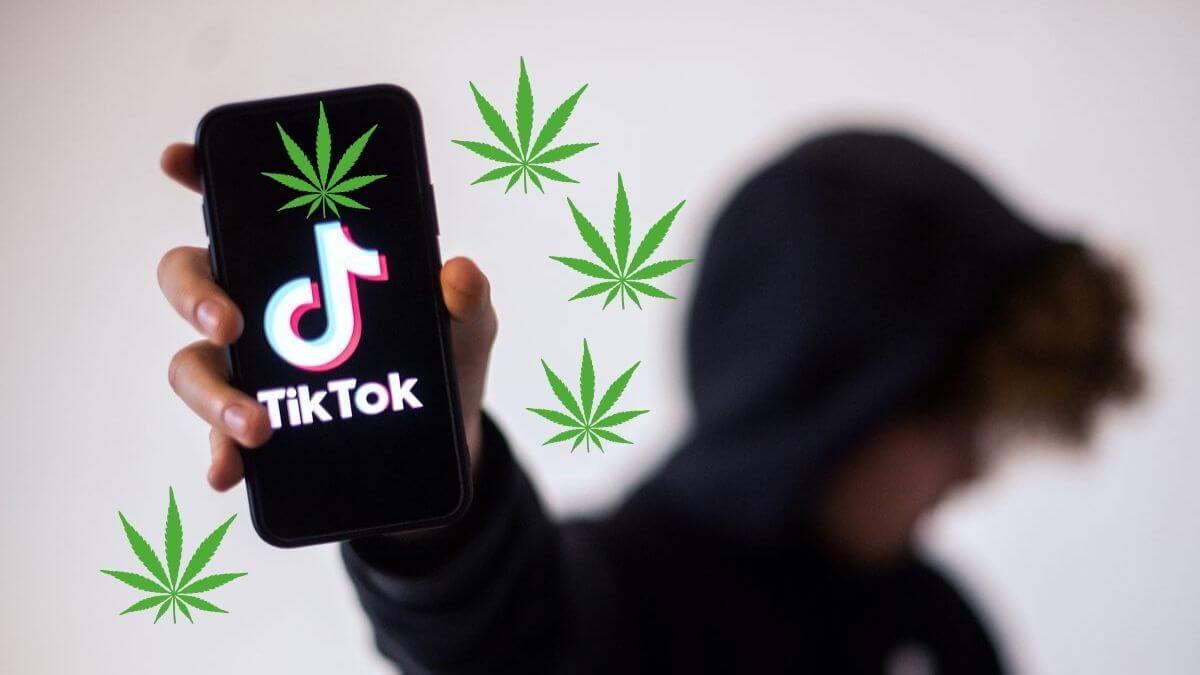
“We know this exposure can influence an adolescent’s attitudes and potentially lead to problematic cannabis use, posing the risk of mental health issues or neuropsychological decline.”

“We know this exposure can influence an adolescent’s attitudes and potentially lead to problematic cannabis use, posing the risk of mental health issues or neuropsychological decline.”
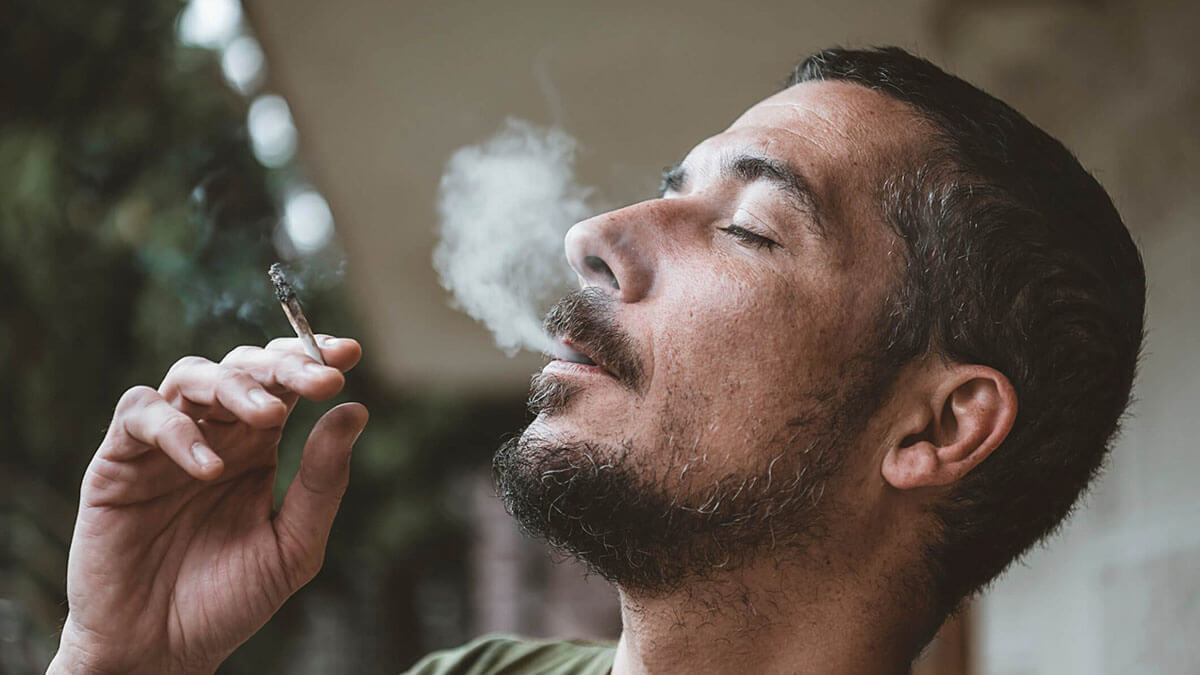
Researchers find that recreational use of cannabis was significantly associated with a diagnosis of psychotic disorder. Their findings have been published in The American Journal of Psychiatry.
Here’s what they conclude:
“Nonmedical cannabis use and cannabis use disorder were consistently associated with self-reported psychotic disorders over time, while frequent and daily/near-daily use was also associated with self-reported psychotic disorders in the more recent survey. The increasing perception of cannabis as a harmless substance may deter the general public as well as health care providers from recognizing that nonmedical cannabis use may play a role in exacerbating the risk for psychotic disorders.
Therefore, improving public knowledge and educating providers about this risk may serve a useful function. In particular, identifying cannabis use disorder may help indicate individuals at increased risk of psychotic disorders. This information can inform addiction specialists and other clinicians about the need for evaluation and appropriate interventions and therapeutic modalities for individuals at risk.”
Read full article here:
Significant Association Between Cannabis Use and Psychotic Disorders

One in five New Zealand secondary school students are now addicted to vaping according to research by the Asthma and Respiratory Foundation, which surveyed more than 19,000 students in Years 9 to 13.
This is a shocking statistic but is not surprising considering the proliferation of vaping stores in local neighbourhoods, plus online stores. NZ Herald conducted research, using Ministry of Health data showing the locations of specialist vaping stores. Their analysis revealed vaping stores have become more common than many fast-food chains, with many popping up in sight of schools. Despite new regulations aiming to limit youth exposure to vaping, at least one in four schools are within 1km of a specialist store and around 80 are just 250 metres away.
Vaping with nicotine has been shown to impact learning and memory, and is associated with a range of serious mental health illnesses; including depression, anxiety, schizophrenia and ADHD. There is also an increased risk of respiratory illness, heart disease and cancer.
This is exactly how the cannabis industry would have acted if we’d voted to legalise the drug, and we’d have seen a rapid increase in cannabis use and addiction. We should learn from this and never reopen the debate on legalising cannabis.
Excerpt from NZ Heard article:
Asthma and Respiratory Foundation chief executive Letitia Harding said vaping products were often targeted at kids walking home from school. Harding raised concerns about youth vaping with the Ministry of Health in 2017. She was told repeatedly by officials that teens would not become addicted and it wouldn’t be a problem, she said.
Despite assurances by Government politicians and bureaucrats, history seems to be repeating itself with so many teens preferring nicotine-based vapes. The Asthma and Respiratory Foundation’s survey found 80 per cent of students who had taken up vaping were doing so with very high nicotine levels. Only 2.8 per cent of vapers reported using zero nicotine vapes.
Doctors warned the dangers of e-cigarettes to young people can’t be ignored either, with one saying nicotine vaping is addictive and suggested increased risk of heart disease and cancer. Paediatric respiratory physician Professor Philip Pattemore said: “Vaping with nicotine has been consistently associated with depression, ADHD and conduct disorders in adolescents, and nicotine exposure has been shown to impact learning and memory.”
Read the full article from NZ Herald:
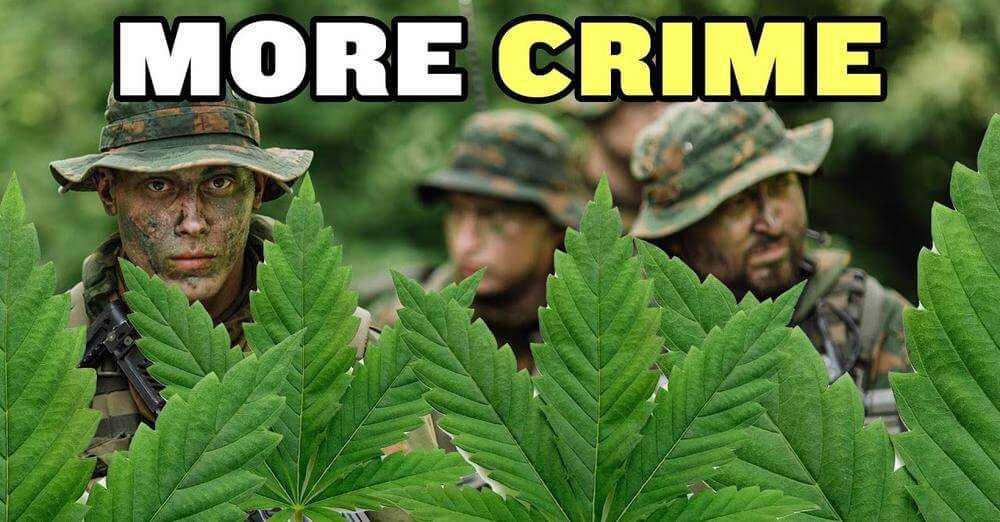
Just like we’ve been saying – legalising dope does not reduce crime. In fact it looks like crime increases, with gangs moving in to scoop up the profits from increased weed consumption.
Watch this episode of America Uncovered for how the cartels are moving in where marijuana is legalised, the use of narco-slaves to grow the illegal weed, and how it’s wreaking havoc on the environment.
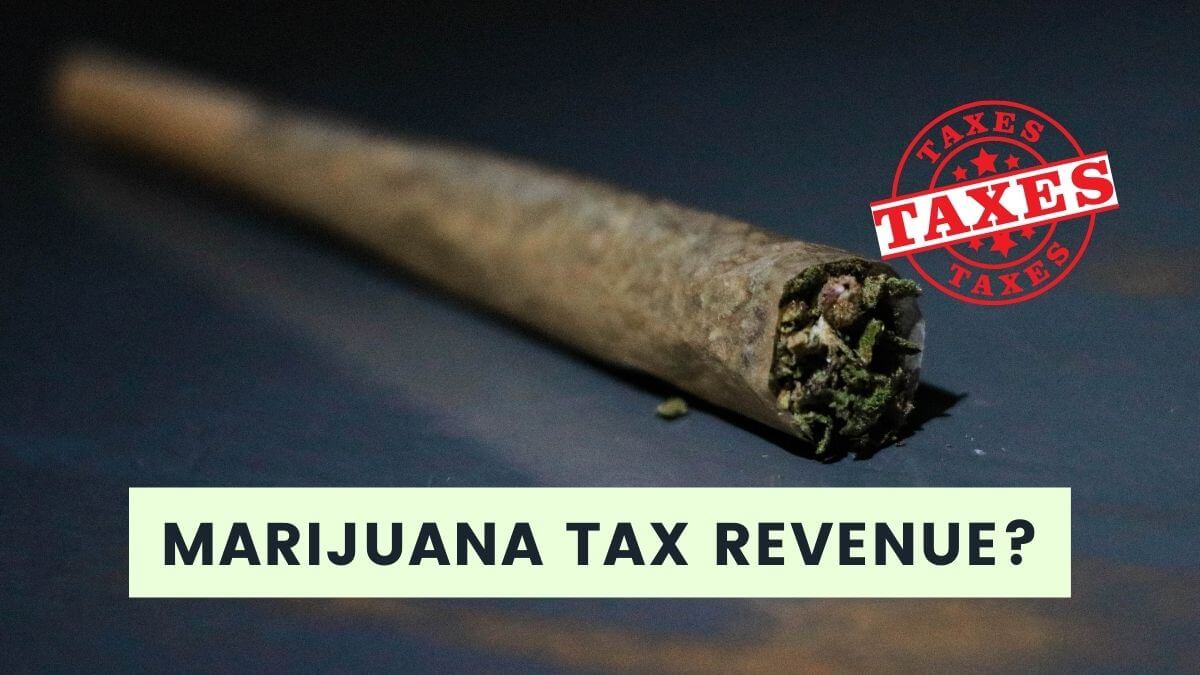
How’s that wonderful promise of a massive marijuana tax revenue doing?
Not very well, from what we can see in San Francisco. The city has now suspended cannabis tax to help dispensaries compete with drug dealers.
“the suspension is intended to help out legal cannabis retailers who are trying to compete with illegal drug dealers and a spike in theft.”
Remember that massive marijuana tax revenue was one of the promises of the NZ Drug Foundation, the Green Party, and pro-cannabis advocates in the 2020 referendum.
So, as we suspected all along, the legal dope market simply can’t compete with the illegal market – illegal drug dealers provide a stronger product at a cheaper price. Legal dope shops are also a target for left (another outcome that we predicted).
The claimed benefits of legalisation simply don’t match reality.
Read full story here:
https://www.foxnews.com/us/san-francisco-suspends-cannabis-tax-dispensaries-compete-drug-dealers
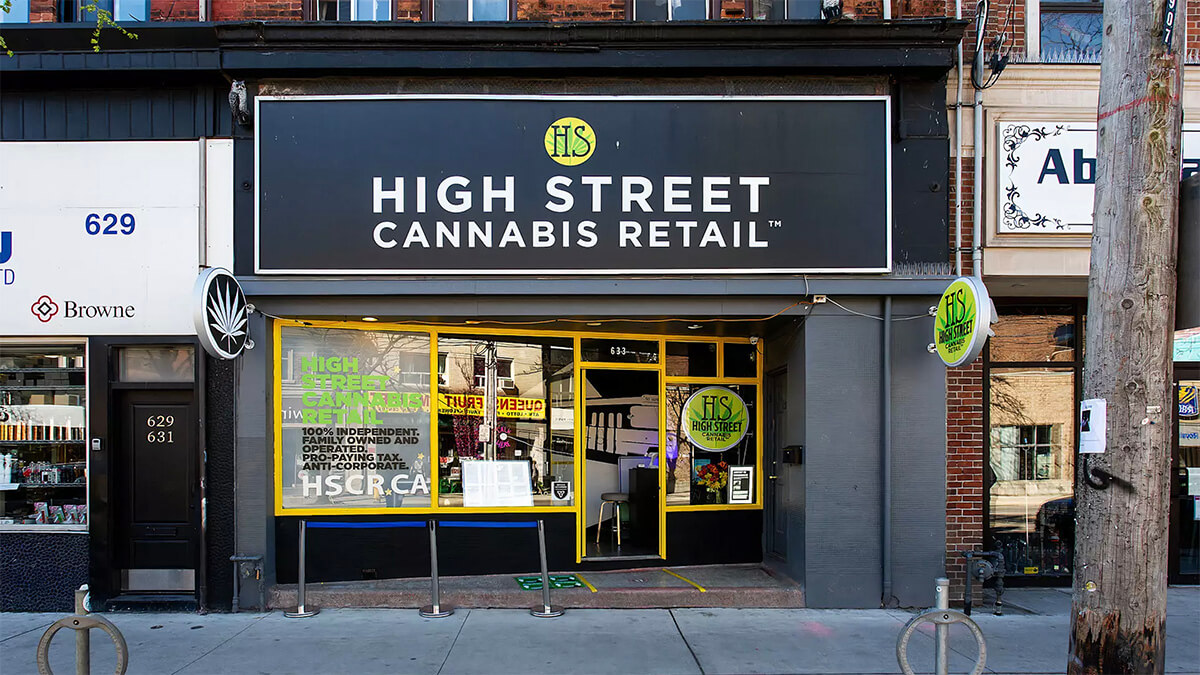
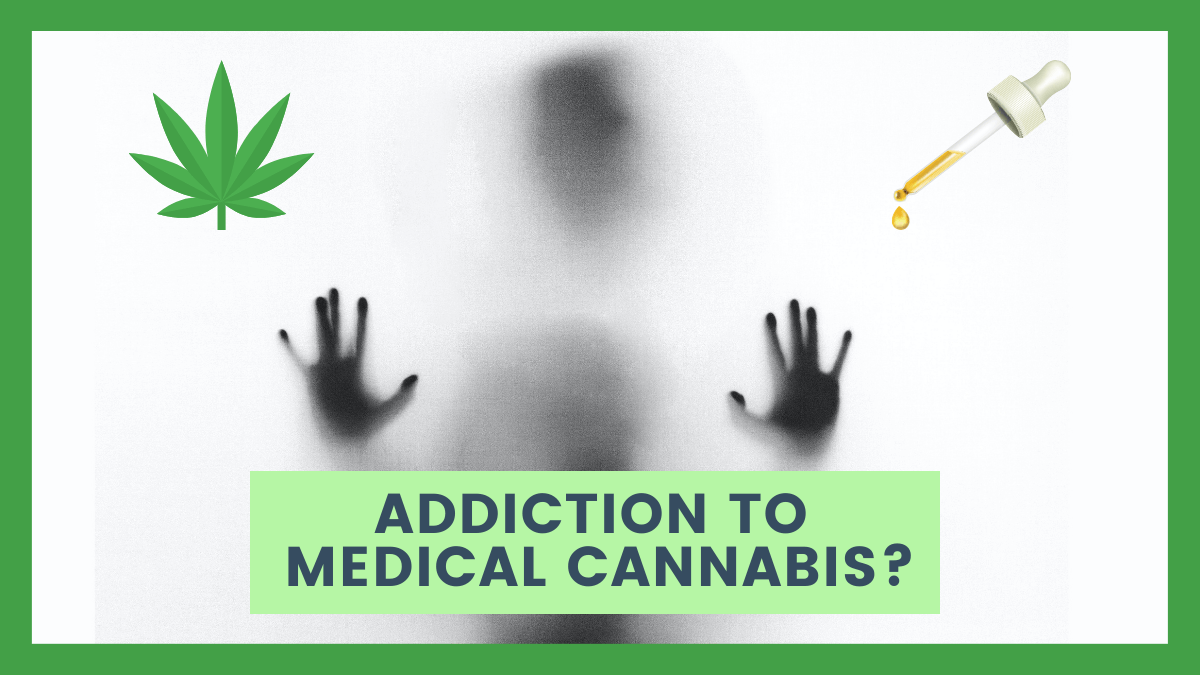
Marijuana consumption is on the rise, and that includes increased use of medicinal cannabis. The most common use of cannabis is to treat anxiety, depression and insomnia. Yet the science on cannabis as a treatment for mental-health problems is still evolving and somewhat insufficient – in fact some evidence suggests that marijuana can actually make these problems much worse.
In 2019, the American Psychiatric Association issued this statement:
There is no current scientific evidence that cannabis is in any way beneficial for the treatment of any psychiatric disorder. In contrast, current evidence supports, at minimum, a strong association of cannabis use with the onset of psychiatric disorders. Adolescents are particularly vulnerable to harm, given the effects of cannabis on neurological development.
Smita Das, M.D., Ph.D., M.P.H. is a clinical assistant professor of psychiatry and behavioural health sciences at Stanford University School of Medicine and a member of APA’s Council on Addiction Psychiatry. She references studies “that point to an association between high-potency cannabis and symptoms of psychosis in young people who may later develop a psychotic disorder. She added that cannabis use is associated with the emergence of mood disorders, particularly bipolar disorder, among people who have a family history of mood disorders, and that cannabis use is associated with an increased risk of suicidal ideation and attempts in people who have major depressive disorder.”
Das says “there is danger of developing cannabis use disorder, an addiction that can afflict more than 20% of regular cannabis users.”
We think families should seek expert help before turning to medical marijuana in order to treat mental health problems.
Read the full position statement by the American Psychiatric Association:
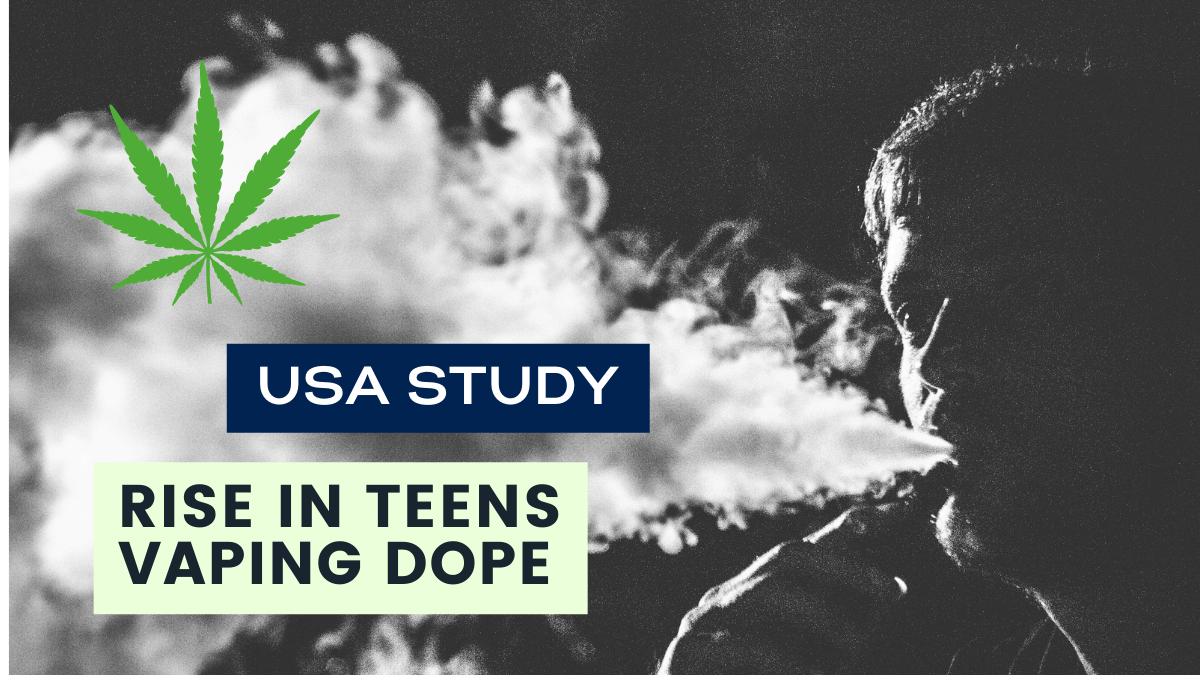
The evidence continues to mount – more teens are vaping high-potency cannabis that can permanently damage the teenage brain. A new study, published in JAMA (The Journal of the American Medical Association), analysed 17 studies conducted throughout Canada and the United States that involved nearly 200,000 adolescents.
Here is a summary of some of the findings:
Parents need to be on the lookout for signs, symptoms and behaviours that could indicate their teens are using drugs. Some of the warning signs could be fatigue, irritability, moodiness, forgetfulness, sleeping much longer (or conversely, insomnia).
Further reading …
https://jamanetwork.com/journals/jamapediatrics/fullarticle/2785376
https://edition.cnn.com/2021/03/03/health/vaping-marijuana-lung-injury-study-wellness/index.html
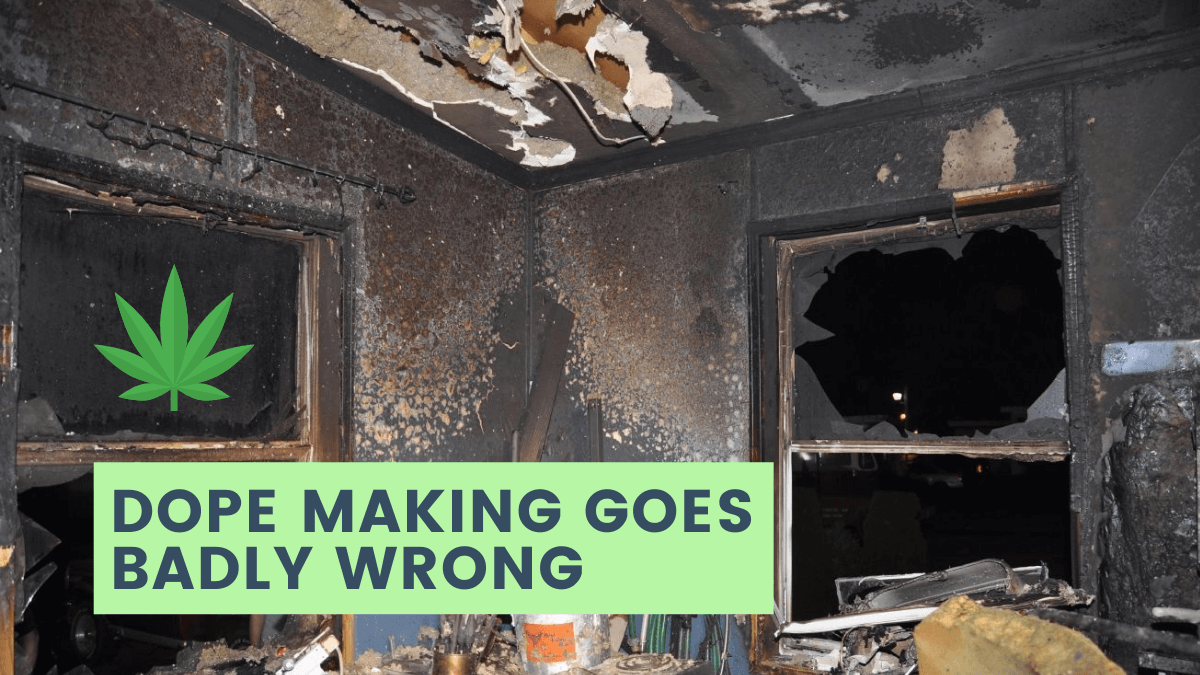
‘Amateurish’ Invercargill couple making high-potency cannabis oil blew up part of their Kāinga Ora house resulting in $46k of damage. Door frames and several windows were blown out, and a fire started. There was even damage to a neighbour’s roof.
The judge did not impose a reparation order because of an inability to pay.
Dabs or dabbing are names for the use of concentrated butane hash oil (or BHO). BHO can have a THC concentration of up to 90%, making it the most potent form of marijuana concentrate. This concentrated form is produced through a chemical process using butane gas. Butane is used to extract the oils from the cannabis by a technique commonly known as ‘open blasting’. The result is a product far more potent than traditional cannabis.
This home-made method, using everyday (and flammable) gas cylinders is very dangerous. The butane is blasted through cannabis-packed containers (in this case soft-drink bottles) to extract the high-potency oil.
This is an important example of what happens when ‘home-grows’ are allowed (as would have happened if we had legalised dope). The risk and harms of making high-THC dabs would have been even more common in New Zealand.
Read full new article here.
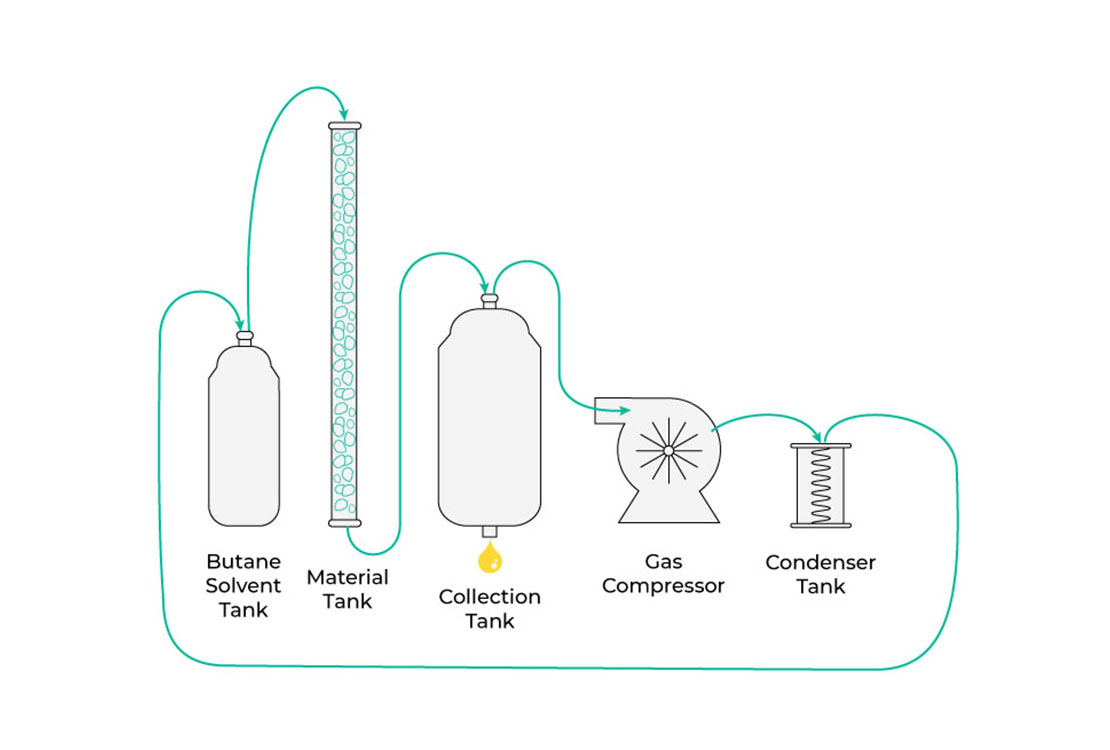
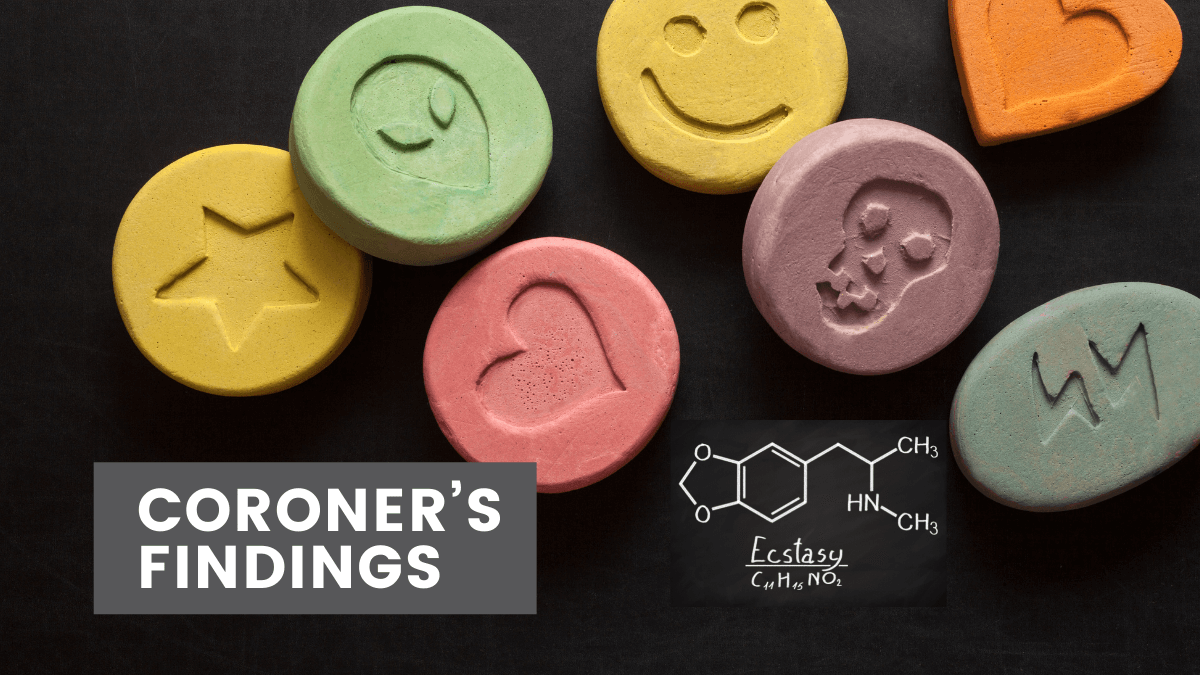
The inquest into the death of a Hamilton man last summer has found the cause of death to be acute cardiac failure, brought on by a lethal cocktail of MDMA and alcohol.
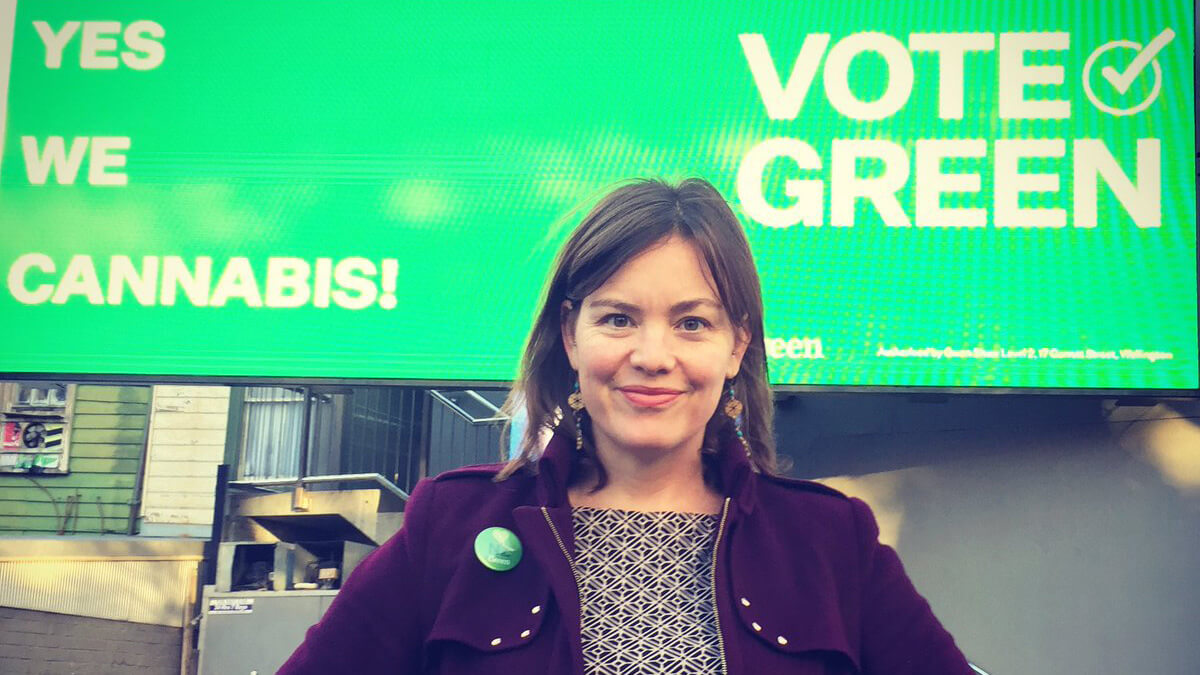
From McBlog – Bob McCoskrie’s Blog